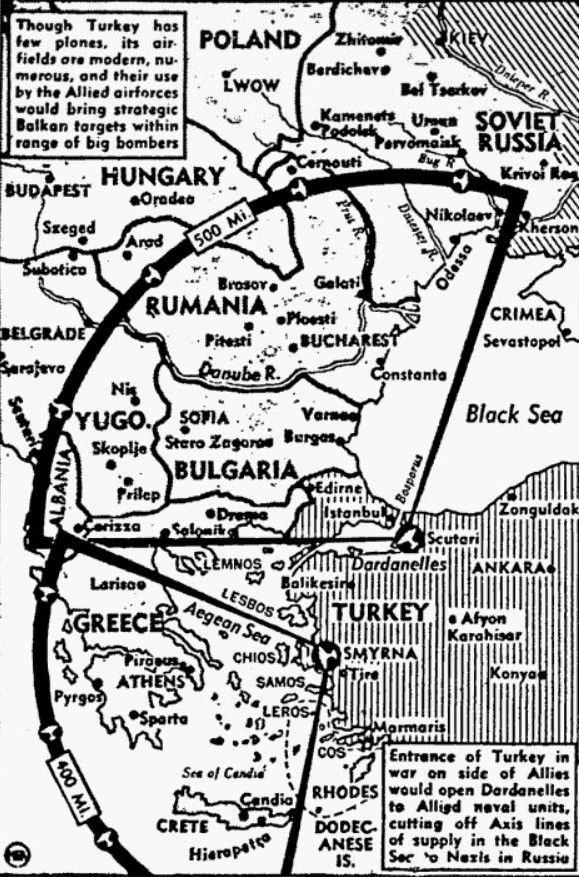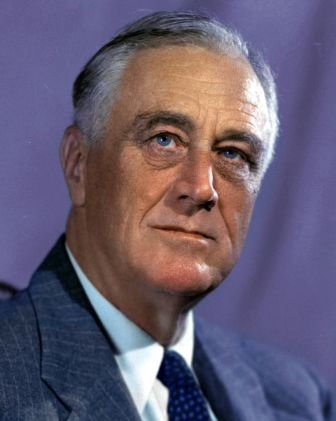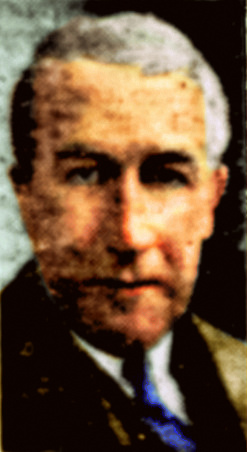TURKEY SPEEDS TOWARD WAR ON AXIS
Defense ring placed about Dardanelles
Balkans flareup nears; Ankara becomes Allied nonbelligerent
By Harrison Salisbury, United Press staff writer

New bases for Allies from which to raid the Balkans and Nazi-held Russia would be available should Turkey join the war against the Axis. The opening of the Dardanelles would speed shipments of arms to Russia. German troops were reported massed in southeastern Bulgaria, in the vicinity of the border of Turkey in Europe.
Cairo, Egypt –
Turkey has militarized the entire Dardanelles zone in an intensified program of warlike moves climaxed by a shift into the Allied camp as a benevolent nonbelligerent, reports presaging an explosion in the tense Balkan situation said today.
A United Press dispatch filed from Ankara last Thursday said Turkey was calling up one million more men to double the country’s armed strength this month.
Advices reaching Cairo in the wake of the Anglo-American-Turkish conference here said the Turks had laid out zones three miles wide on both sides of the Dardanelles and put them under strict military rule.
Nazis mass troops
The historic Dardanelles gateway between the Mediterranean and Black Sea lies below the border of European Turkey, near which the Germans were reported massing considerable armed strength. Among the security measures taken by the Turks in recent weeks, according to reports here, was the arrest of many persons suspected of espionage for the Nazis, described as on the upsweep recently.
Turkish police were also keeping close watch over Italians with Fascist sympathies, especially in the Istanbul area where there are about 75,000 Italians. All of them were under close surveillance and their names were on police registers.
Build war positions
Since 1937, the Turks have built a dense network of positions suitable for both defense and attack along the Dardanelles. High Turkish Army officers have repeatedly expressed their confidence that any attack would fail.
While foreign experts believe the Turkish Army is short of modern equipment, they are unanimous in agreeing that the morale of Turkish troops is high and their discipline is excellent. The Turk is traditionally a first-class warrior.
President İsmet İnönü of Turkey, a communiqué revealed, conferred with President Roosevelt and Prime Minister Churchill here last Saturday, Sunday and Monday and joined them in expressing the “closest unity” of the three countries in their attitude toward the “world situation.”
May enter war soon
Though an immediate Turkish declaration of war against Germany was not anticipated, barring a possible German attack, such a declaration may be only weeks or months away. Turkish sources suggested that Turkey was ready to enter the way anytime that the Allies were prepared to protect her against a German attack from Bulgaria, the Aegean or the Black Sea.
The possible Anglo-American use of Turkish airfields and supply routes, as well as an Allied thrust through Turkey into Bulgaria or Greece, were believed to have been discussed at the Cairo Conference and it was assumed that the United Nations and Turkey now have fully coordinated plans for any eventuality, including the opening of the Dardanelles as a supply route for Russia.
Some sources expected Turkey’s declaration of war, if and when it comes would be announced simultaneously with military action.
Rush reinforcements
Apparently anticipating some such move, Germany was reported rushing land and air reinforcements into southeastern Bulgaria, especially in the Eastern Rumelia area facing Turkey, and along the Black Sea coast, according to unofficial reports reaching Cairo.
Large detachments of Elite Guard forces were also reported massing at Salonika and gradually embarking for the island of Lemnos, which commands the Aegean entrance to the Dardanelles.
The bulk of the German reinforcements on the Turkish frontier, most of which were motorized infantry, were said to be concentrating in the triangle formed by the Black Sea port of Burgas, the frontier town of Rakovski on the main Sofia-Istanbul railroad, and the inland town of Plovdiv.
Speed air bases
The Germans were also rushing to completion air bases in an inner triangle based on Plovdiv, Stara Zagora and Malko Tarnovo on the frontier, it was said.
The same informants also said that German uneasiness over the attitude of the great mass of Bulgarians has been mounting steadily since the death of King Boris because of that country’s traditional sympathy for Russia. An incipient liberation movement in Bulgaria was reported to have contacted the new Partisan government of Dr. Ivan Ribar in Yugoslavia.
In a further effort to disturb the Balkans, the Allies were believed circulating through neutral channels the specific terms under which they will accept Germany’s surrender.
Repercussions expected
The stiffness of these terms was expected to touch off major repercussions among the German satellites, particularly in Hungary, which was believed ready to withdraw any time the Allies can extend any kind of assurances against Nazi retaliation.
There was every indication that the terms to Germany remained unconditional surrender with the Allies reserving the right of individual judgment over German Army officers accused of war atrocities, even if the German General Staff should instigate peace negotiations behind Hitler’s back.
Avoids direct answer
Selim Sarper, secretary general of the Turkish Press Bureau, avoided a direct answer when asked by correspondents whether the Turks had acted as the medium for any peace offers from Germany.
He said, “None were made through me.”
British and American staff officers were revealed to be engaged in a series of important conferences, at which they were believed to be drafting details of the new assaults promised by the Tehran Declaration against Axis Europe “from the south” and presumably including an invasion of the Balkans.
Smuts arrives
Marshal Jan C. Smuts, Prime Minister of South Africa and one of Mr. Churchill’s closest military advisers, arrived here Monday, but did not participate immediately in any Allied staff talks. He consulted Mr. Churchill shortly after his arrival and dined with Mr. Roosevelt that night.
President İnönü and his Turkish delegation of 15, including Foreign Minister Numan Menemencioğlu and Marshal Fevzi Çakmak, Chief of the Turkish General Staff, flew here in British and U.S. planes from Turkey. However, it was stated officially that none of the Turkish military leaders had participated in staff talks with British and American commanders.
Soviet envoy present
The conference was held at the joint suggestion of the United States, Britain and Russia, the communiqué announcing the meeting said, and Sergei A. Vinogradov, Soviet Ambassador to Ankara, represented the Soviet Union.
The communiqué said that the participation of the Turkish leaders in the conference:
…bears striking testimony to the strength of the alliance which unites Great Britain and Turkey and to the firm friendship existing between the Turkish people and the United States of America and the Soviet Union.
Beside the principals, the conferees included British Foreign Secretary Anthony Eden, President Roosevelt’s special adviser Harry Hopkins and Mr. Menemencioğlu. The sessions were all held in Mena House, site of the Roosevelt-Churchill-Chiang Kai-shek meeting less than a fortnight earlier.
Parley story again told prematurely
London, England –
Information concerning the momentous Allied conferences in the Middle East was again released prematurely last night when the Berlin radio reported the Turkish news agency announced the news of the latest Cairo meeting at least two hours before the official deadline.
At 10:50 p.m. CET (5:50 p.m. ET), Berlin broadcast that the Turkish agency issued an official communiqué concerning the journey of President İsmet İnönü to Cairo to meet with President Roosevelt and Prime Minister Churchill. Berlin then proceeded to broadcast the text of an official announcement concerning the meetings – which was not released in the United States and Britain until 7:30 p.m. ET.
Previously, the British news agency Reuters has given advance information of the Cairo Conferences in which Generalissimo Chiang Kai-shek participated, and the Moscow radio broadcast the fact that the Tehran Conference had been held more than three days before the official release of information concerning that conference.


